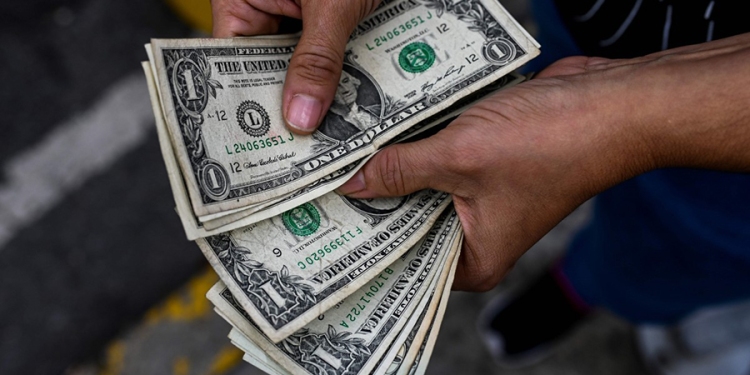Nigeria News
Bill to prohibit foreign currency use in Nigeria passes first reading in Senate

The Senate has initiated a move to restore Nigeria’s monetary sovereignty by prohibiting the use of foreign currencies for payments and transactions within the country.
This effort aims to ensure that all financial transactions, including salaries, are conducted in naira. The proposed ban would cover not only local workers but also expatriates, eliminating discriminatory practices and boosting confidence in Nigeria’s local currency. The legislation would make it mandatory to use naira for exports as well, helping to strengthen its value.
The Senate is working on a bill to amend the Central Bank of Nigeria (CBN) Act of 2007, titled “A Bill for an Act to Alter the Central Bank of Nigeria Act, 2007, No. 7, to Prohibit the Use of Foreign Currencies for Remuneration and for Other Related Matters.”
Sponsored by Senator Ned Nwoko (PDP, Delta North), the bill seeks to outlaw the use of the U.S. dollar and other foreign currencies in exchange and payment for goods and services in Nigeria.
Senator Nwoko emphasized that the dominance of foreign currencies in Nigeria’s financial system has weakened the naira, leading to a negative impact on its value.
He argued that the proposed ban is essential for Nigeria’s economic freedom and growth, calling the continued use of foreign currencies a lingering colonial legacy. Nwoko pointed out that while Nigeria gained independence in 1960, it has yet to achieve full economic independence.
The bill represents a major step toward redefining Nigeria’s monetary landscape, aiming to restore the country’s monetary sovereignty and promote a self-reliant economy.
Nwoko described it as a visionary blueprint for Nigeria’s economic future, advocating for policies that prioritize the naira, challenge colonial-era practices, and foster industrial growth. If passed, the bill could signal a transformative era for Nigeria, driven by innovation, cultural pride, and sustainable economic growth.
The bill includes provisions to prohibit the payment of salaries, transactions, and goods in foreign currencies, ensuring that all payments, including those to expatriates, are made in naira. Crude oil and other exports would be sold exclusively in naira, driving demand for the currency.
The bill aims to establish the naira as the central currency for all financial operations and seeks to abolish informal currency markets that undermine the formal economy, such as those involving round-tripping by banks. Banks would be directed to offer loans with affordable interest rates to stimulate industrialization.
The bill also advocates for storing Nigeria’s foreign reserves domestically to safeguard the nation’s economic sovereignty. Additionally, the bill proposes an integrated approach to economic development, focusing on production, financing, and local innovation to strengthen the economy.






















